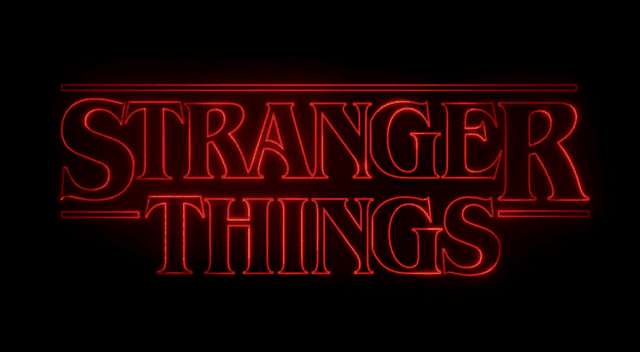As a rule, I don’t watch stories with child stars or adults pretending to be children. But some younger friends got me hooked on “Stranger Things”.
At first what I found powerfully attractive were the friendships, alliances, and the struggle of the adults in the story to be good parents. But over four seasons the story told by the Duffer brothers took on a surprising and deeper significance.
They seemed to be telling a story about what happens when evil inserts itself into a world where no one expects it and, as such, is simply a horror story. But as El (short for Eleven) begins to defend her friends and probe her own history in the latest season, a still deeper level is exposed.
It becomes apparent that (consciously or not) the Duffer brothers aren’t just telling a story about what happens when evil reveals itself. It is a story about how evil – once we give ourselves to it – can possess and dominate us. That story is at the heart of this season’s confrontation between 001 and 011, between Henry (aka, Vecna) and Eleven.
Through the callous technocracy of Papa, both are wounded by the logic of someone who is guided only by what he can do and not what he should do. And – in a world without God, into which the power of evil makes itself felt, Vecna threatens Elevens friends (and through them, Hawkins and the world) with destruction. In a cosmos where confession and absolution is unavailable, we are undone by our guilt.
In talking with my much younger friends, I puzzled over two things: the absence of any overtly religious institutions and the allusions to the Satanic Panic of the 1980s, which provides the backdrop to the story of “Stranger Things”. My friends explained the panic of the 80s over Dungeons and Dragons and fundagelical anxiety over Satanic rituals (all of which I missed, buried in one or more libraries for most of the decade). They also described the naïveté of the mainline church about a real bent toward the occult that had nothing to do with gaming.
One of them observed, “Maybe it’s a good thing that the Duffer brothers leave the church out of it, because no part of the church covered itself in glory.” That’s no doubt true. But maybe the absence of the church is also precisely the point. When the church doesn’t make itself felt – when it fails to offer the truth, unfettered by cultural excesses – or when it trivializes evil by focusing on all the wrong things – then possession is all too real a possibility.
Nothing quite underlines that truth like the shootings that occurred in recent months. And the Duffer brothers couldn’t have anticipated it, but it was difficult to listen to the latest installment of Stranger Things and not think about the series of shootings that happened this last spring and summer.
Like Henry, the perpetrators gave themselves over to passions and visions that took possession of their lives, and as those passions and visions took hold, the enormity of the evil to which they gave themselves grew proportionately. Henry is one thing. Vecna is another. He is Henry, subsumed and dominated by evil.
The same could be said of the shooters. They longed to distinguish themselves, to achieve notoriety. They were subsumed by something repulsive and hideous.
The church spent decades in the West attempting to distance itself from language about this kind of behavior. The notions of sin, evil, possession, judgment, and hell became passe. So much so that Karl Menninger famously asked, “Whatever became of sin?” And, to be sure, there were elements of that vocabulary that had degenerated into caricatures that promoted profoundly unchristian notions about the Christian journey.
But like most correctives that arise out of hotly contested cultural and religious debates, the effort had its own excesses. One of the most problematic has been the tendency to dismiss the reality of sin and evil. That tendency has robbed us of the vocabulary to talk about its dangers. Our inability to name its influence has magnified its power. And the language we do have left – the language of politics and therapy – is unequal to the task.
The only solution lies with churches that are willing to reclaim that the language we have spent so much time trying to suppress. This does not mean returning to the broken formulations of the past. But it does entail reclaiming a robust version of that language, which speaks to the perils of misshapen desire and the possession that follows in its wake.












